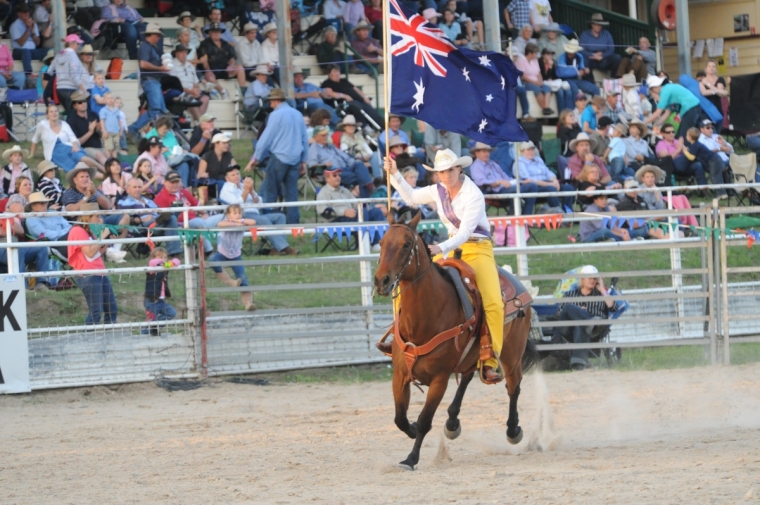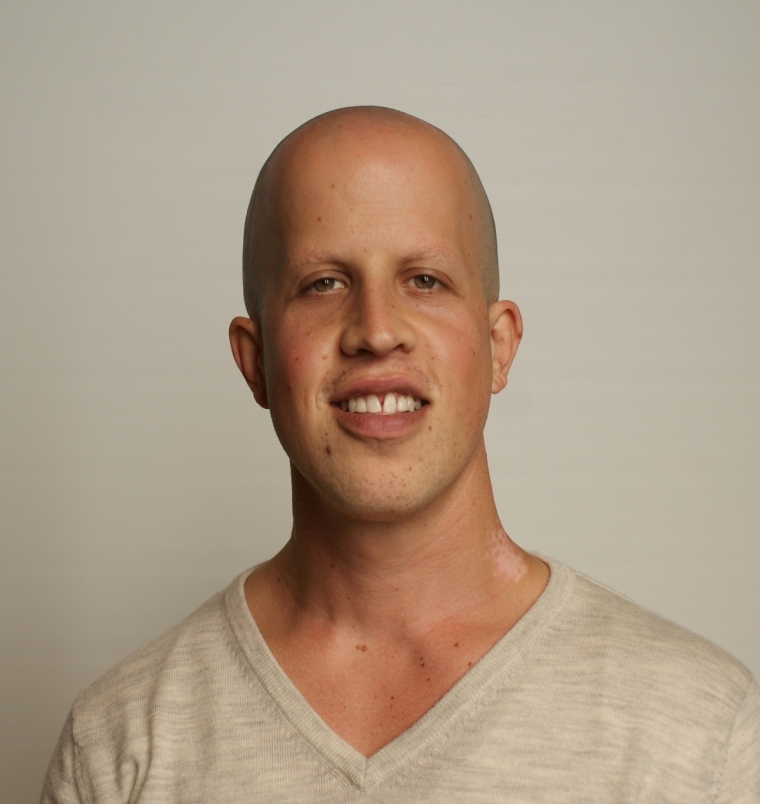

Over the years I've broken-in quite a few young horses, what we now call 'starting' a colt.
No matter how quiet they are, how precious, how gentle, how pretty, the young horse needs to learn some lessons because as he stands there in the paddock, he's no good to anyone except to look at.
First, he needs to learn I won't hurt him so I rub him all over, it feels good, like a massage. Then he needs to learn some manners like don't kick, don't push, don't turn your back on me, don't touch me until I touch you, lift your feet off the ground when I ask for it, and more. Unless I can get him to this basic stage, he's not worth having around the place; he's no good to anyone.
The young horse needs to learn to lead so he goes where I go and when I go, then, perhaps the most important early lesson, to tie up and not pull back trying to break the rope or his own neck. Once we've successfully reached this stage, we can start the 'mouthing' process.
It's not easy and many horses fight and struggle, some stand in the corner and sulk, but it's not over until the horse learns to bend its neck, accept the bit and 'give' its head, that is, take pressure off the bit in its mouth.
We're now through this stage and it's time to move into teaching the horse to lunge, that is, walk, trot and lope in a circle, small ones right out to big ones, to pay attention to what I'm asking it to do, and pick up the right lead for the direction its going – yes, there's some horse talk here you may not understand but you soon get my drift – the colt is learning some lessons.
It's then time to put a saddle on the horse's back if you haven't already done so. This is usually at the end of the first week or perhaps 10 days, depending on how easily the colt learnt its lessons. It could take three weeks to get to this point. This is where the 'rubber hits the road' and we find out just how quiet he really is.
Does he buck, run off scared, lie down and sulk, or just accept what is being done?
I've seen all these scenarios. We then start putting these lessons into place at the same time.
He has his head tied back a little, he is made walk, trot and lope while lunging with the saddle on his back, picking up his correct leads, and he has to be watching me because I'm in charge, the master as far as he's concerned.
Paying attention
How do you know a horse is paying attention to you? It's all in his ears. The one closest to you should be facing toward the me (that's the open part towards you). Some people will tie all sorts of things to the saddle about now, bags of rattling cans, long saddle rugs or raincoats, plastic bags, lengths of rope, all things which the horse will learn to accept once he realises these things don't hurt. Personally, I don't like to frighten a youngster; I'll do one or two of these things when I'm riding him at some stage in the future.
Then comes the next step – step-up, that is, and into the saddle. My experience is, don't do this on your own. When he gets used to you being above him, your exaggerated movements in the saddle, getting on and off both sides, sliding over his rump, he's right to start moving off and if he gets that right, he's ready to be outside the yard.
Once he can handle being ridden among the trees and rocks, he's about to graduate kindergarten. This is only achieved through time – three to four weeks and some will take longer, others are ready in two – patience, perseverance, kindness, and knowledge, knowing what to do to overcome all the little obstacles the youngster places in your way.
Young Christians
Young Christians, and I'm not talking about age here, are so full of enthusiasm they sometimes want to save the whole world in a week but just like the young horse, there's lessons to be learnt and stages to go through to be truly effective.
Jesus took three years to teach his disciples what he wanted them to learn and he was a 'Master' teacher. We too, need to learn the basics or will we just stand in the paddock where we are only good to look at. Our lessons start with Bible knowledge, read your Bible first and foremost, read recommended books, listen to teachers, your elders, experienced Christians who have borne fruit.

Most of all, 'give' your head to Christ, bridle your tongue, accept heavy burdens when asked, be aware of obstacles placed in your path, know that patience and perseverance only come through trials but also learn your Heavenly Father is kind, loves you and will not give you a trial or burden you cannot handle.
My horse has now become a useful animal to me. Yes, he still has heaps to learn, in fact he'll never stop learning but then neither should I. We all start out as young colts (or fillies) in Christ and we should never stop learning.
John Skinner served in Vietnam, then the Tasmanian Police before taking up the position of CEO of the Australian Rough Riders Association (professional rodeo in Warwick Qld). Before retirement to his farm, he was a photo-journalist for 25 years. He is married with three married adult children and grand children.
